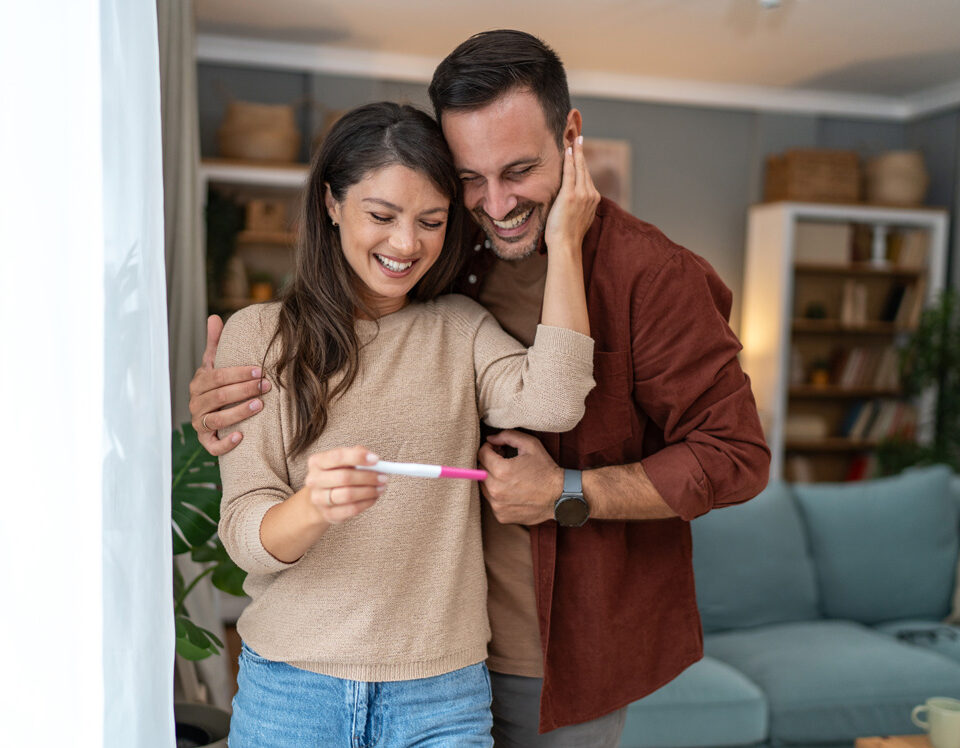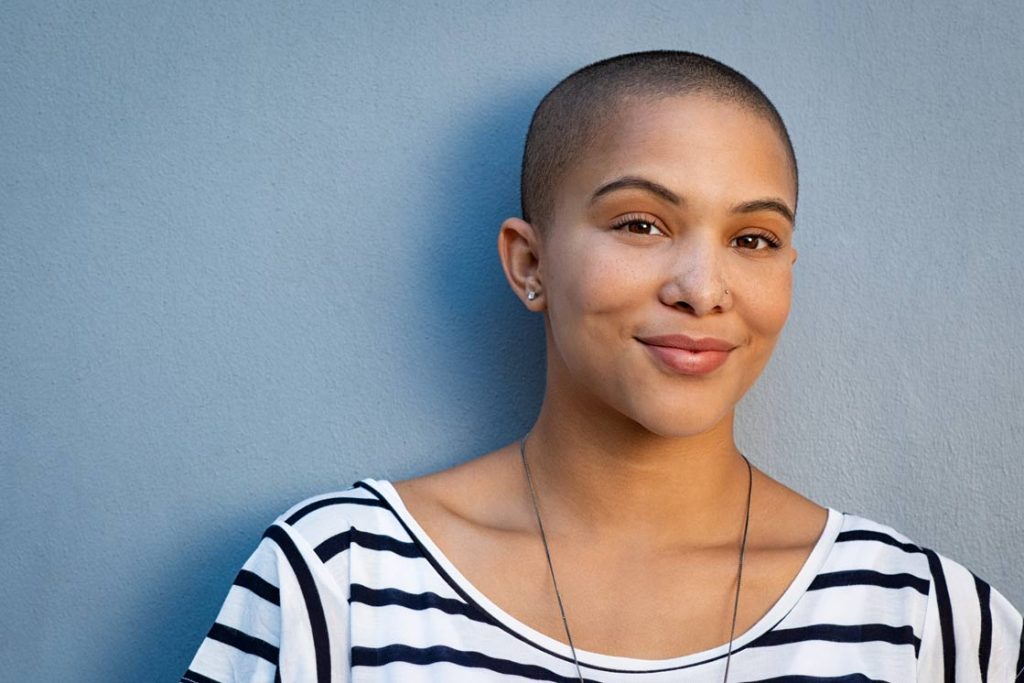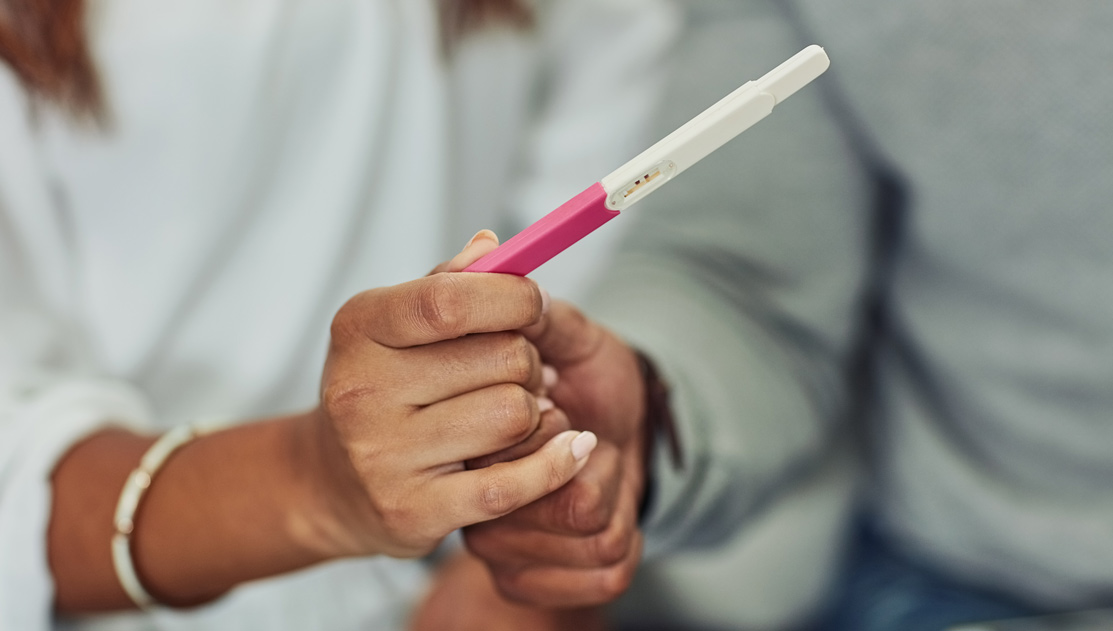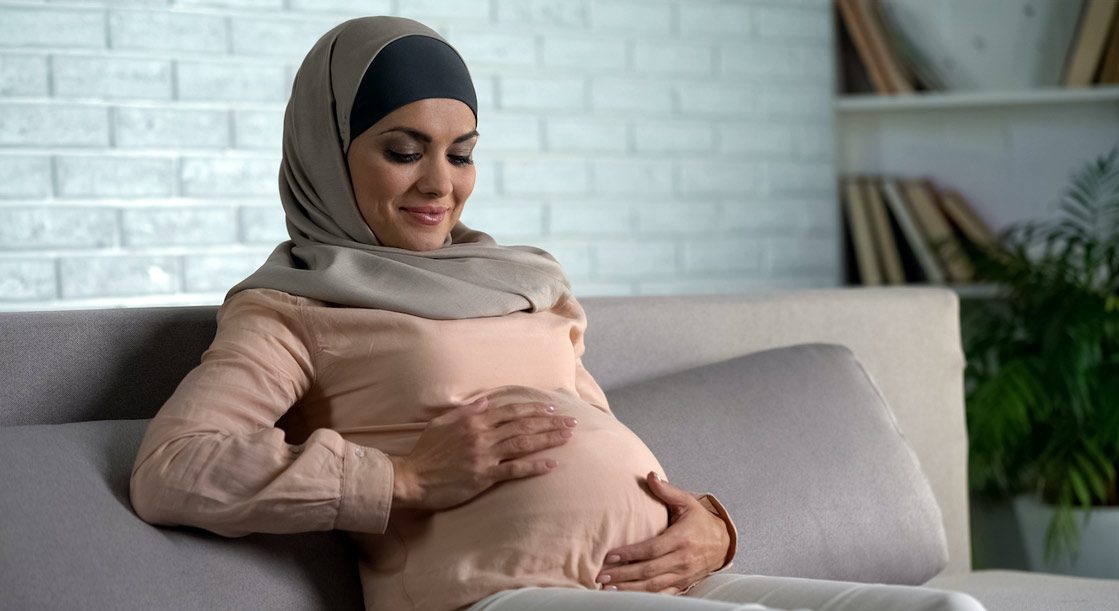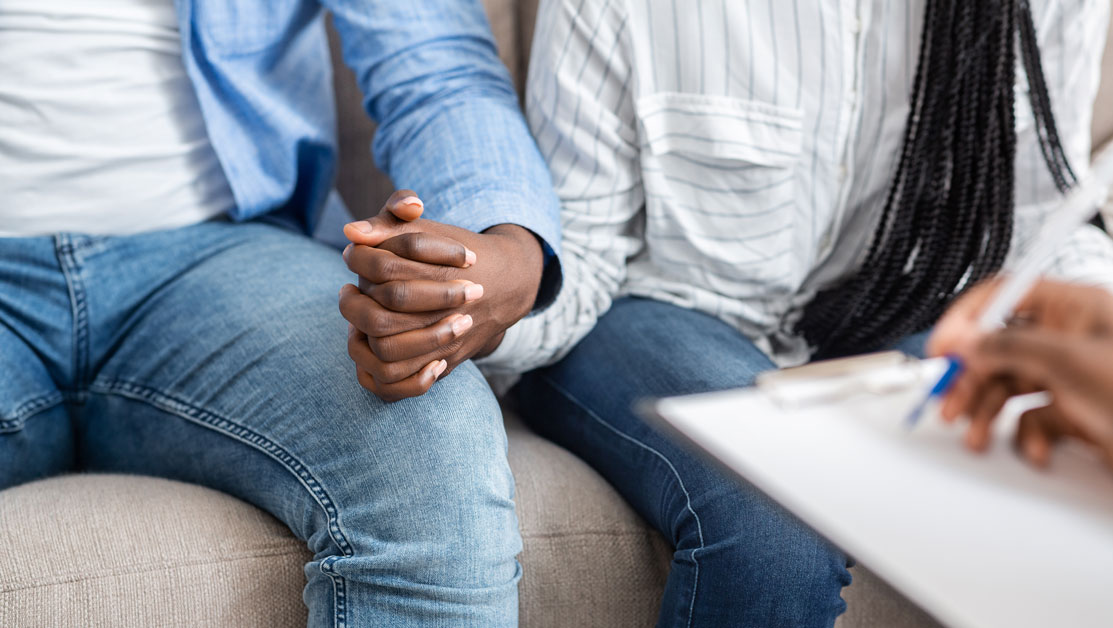Egg freezing is one of the fastest growing fertility treatments. The Human Fertilisation & Embryology Authority (HFEA) figures show a rapid growth in egg freezing figures since 2010, which have risen by 460%. In a single year, between 2015 and 2016, egg freezing numbers rose by 17%.
Below, Egg freezing, Fertility Consultant here at The Fertility & Gynaecology Academy, answers your most frequently asked questions about egg freezing.
When should a woman consider freezing her eggs?
A woman’s age at the time of egg freezing is crucial to the chance of successful pregnancy using those eggs. And so the earlier the eggs can be frozen, the better. The quality and quantity of a woman’s eggs start to decline with age; for those over 35, the eggs will have already started deteriorating at the time of freezing. This means less chance of a successful pregnancy once the eggs have been thawed. In addition to this, there is an increased risk of chromosomal abnormalities like Down’s Syndrome. You can read more about this in our blog What Is The Best Age To Freeze Your Eggs?
What is the age limit for a woman to freeze her eggs? Can you be too old/too young to do so?
Any woman who has healthy eggs but isn’t ready to have a baby yet, is a candidate for egg freezing as there are currently no limits on age. Having said this, it is recommended that egg freezing is carried out before the age of 35. The Human Fertilisation and Embryology Authority (HFEA) clearly states that women looking to freeze their eggs to preserve their fertility potential should do so before the age of 35 for a better chance of having children later on in life.
Dr Gorgy comments: ‘Unfortunately, egg freezing is still considered a last resort for many women at the moment and the average age of women currently undergoing egg freezing is around 37, meaning the eggs have already started to deteriorate in quality, thus reducing the chance of success. Additionally, there are more risks associated with pregnancy later in life which should come into consideration.’
What is involved in freezing eggs?
The egg freezing process is the same as the preparation for IVF. After an initial assessment, which is used to help choose the appropriate protocol and drug dose, the patient will administer between 10 and 12 days of injections at home. At this point, the eggs will be matured with a trigger injection. 36 hours later the eggs will be collected at the clinic using a short procedure performed under sedation. It’s a quick procedure to collect the eggs which are then washed and frozen by our embryologist on site.
How many eggs should a woman freeze to give herself a good chance of becoming pregnant later on?
Dr Gorgy says: ‘The number of eggs frozen varies between patients and will depend on a number of factors, including the age of the patient. Most patients will have around 15 eggs collected for freezing, but for older patients, or women with low ovarian reserves, this number may be less.’
We only freeze mature eggs and unfortunately not all the retrieved eggs will be mature. According to a mathematical model you need to freeze 20 eggs to stand a good chance of having a baby. Two to three egg freezing cycles would be recommended to achieve that number.
What kind of health issues affect freezing eggs?
A woman’s decision to freeze her eggs may be affected by certain health issues. For example, women who are about to undergo medical treatment that may affect fertility, like chemotherapy or radiation, may choose to freeze their eggs so they can still have a child with their own genes.
Additionally, medical conditions which diminish fertility, like endometriosis, pelvic inflammatory disease (PID), low ovarian reserve, and family history of premature ovarian failure (POF) can also play a part.
How long can eggs remain frozen?
The UK’s independent regulator of fertility treatment, the HFEA, has strict guidelines in it’s code of practice regarding how long eggs should be frozen for. The HFEA imposes a 10 year limit which may be extended in special circumstances for a maximum of 55 years.
What happens if I want to freeze my eggs but I’m on birth control?
If you are taking birth control this will be discussed at your consultation and you will be asked to refrain from taking birth control until the egg freezing cycle is complete, after which you can resume it again.
How much does egg freezing cost?
As with any procedure, it varies between clinics. The HFEA states that the average cost to have the eggs collected and frozen is £3,350*. The fertility drugs are injected are an additional cost. You will also need to factor in storage per year, the cost of which varies between clinics. To thaw and implant the eggs into the womb you can expect a further cost. At The Fertility & Gynaecology Academy the cost of the egg freezing cycle including the freezing cost and storage for one year is included as a package.
*Note: Prices accurate at time of publication, 15th November 2019.
At The Fertility and Gynaecology Academy we like to be transparent and so our fees can be seen here, but should you have any questions, please don’t hesitate to call our administration team on 020 7224 1880 or email us on info@fertility-academy.co.uk

